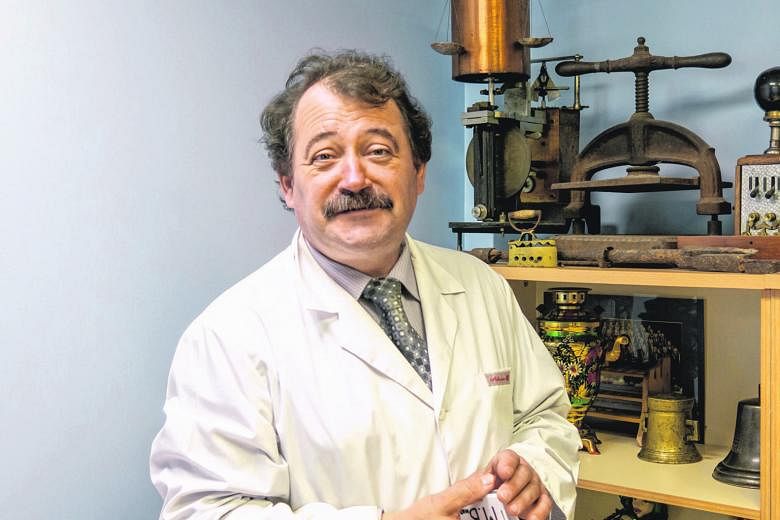MOSCOW • Dr Mikhail Pokrovskii, a 56-year-old doctor specialising in pharmacology, moved to Belgorod from his native city of Sotchi back in 2011.
Dr Pokrovskii was one of the first to start work at the new clinical research centre which is now looking into the manufacture of monoclonal antibodies. These are complex proteins used by the immune system to detect and neutralise pathogens.
In June last year, Dr Pokrovskii's laboratory received funding from the Russian government for the creation of a biological engineering centre to help veterinarians provide quicker and more accurate pregnancy tests for cows.
In the dairy farming industry, cows must be inseminated every year to ensure that milk is regularly produced. The existing methods for detecting pregnancy in cows can only be used around two months after insemination, which is too long for farmers who rely on milk production for a living. Nearly a third of cows are not successfully fertilised in the first attempt, meaning that a second attempt needs to be made as rapidly as possible for milk to be produced.
In the space of only 10 months, researchers at Belgorod created a quick and reliable test, based on monoclonal antibody technology. Much like pregnancy tests for women, this device allows veterinarians to detect a possible pregnancy around 15 days after insemination of the cow.

